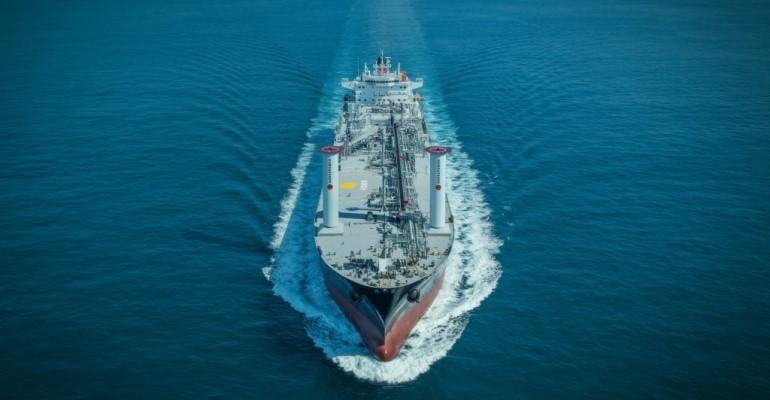In a recent interview published in Lloyd’s Register’s Horizons, 123Carbon founder Jeroen van Heiningen, revealed that the company has been inundated with enquiries from companies all along shipping’s global supply chains since the first participants were admitted to the programme in January 2023.
The 123Carbon platform, so named because it covers the entire range of emissions in each of the three ‘scopes’, supports companies that wish to cut the costs of decarbonisation by allocating them to other parties along shipping’s supply chain who are prepared to pay for them.
“123Carbon issues blockchain-backed environmental attribute certificates (EACs) that provide complete transparency from start to finish,” he told the classification society. “They are immutable and provide the highest integrity, as a result of the company’s legal framework. Per actor in the supply chain only one certificate is issued, of which the ownership is logged into the 123Carbon registry. This avoids potential double-counting. Using the registry, the certificates can be allocated to the direct customers of fleet operators or sold in the broader market.”
Van Heiningen explained how carbon insetting differs from carbon offsetting, a process that some experts claim encourages ‘green-washing’ by some unscrupulous companies. Offsetting, he said, often takes place between different industrial sectors – “for example, a steel producer in Europe might offset emissions by planting hundreds of trees in a deforested area of South America”.
But insetting is a tightly regulated process and takes place between participants engaged in the same supply chain. “It focuses not only on the emissions that are created directly from a process, such as carbon from the funnel, but all of the indirect emissions that occur across the supply chain of a company or organisation,” he explained.
Insetting is designed to improve the carbon footprint of suppliers and customers within the same industrial sector – in this case, ocean transport. And it is well-suited to the maritime industry, van Heiningen emphasised, because shipping’s supply chain has participants with common interests.
The company has been logging an average of two or three enquiries a week from Fortune 500 companies recently, he said, while emphasising that there is a rigorous assessment framework. “Applicants must be carefully screened by Verifavia, an independent specialist in environmental accreditation, verification, certification, and auditing for sectors including aviation and maritime transport. We undertake a four-phase process with them that is extremely thorough.”
Last November, 123Carbon won the Captain’s Table, a maritime pitch competition in Hong Kong that Lloyd’s Register has supported since 2019.
Copyright © 2024. All rights reserved. Seatrade, a trading name of Informa Markets (UK) Limited.
Add Seatrade Maritime News to your Google News feed.  |

